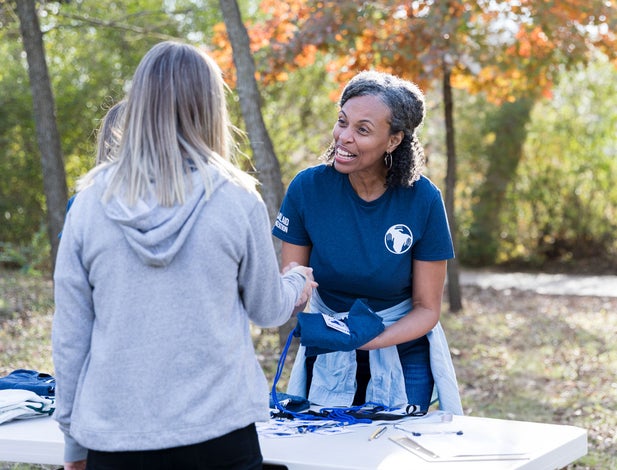In the United States and Canada, the requirements to become a licensed social worker vary by state, province, and territory. However, a common prerequisite is obtaining a degree in social work from an accredited institution. Typically, a Bachelor of Social Work (BSW) is the minimum requirement for entry-level positions, while a Master of Social Work (MSW) is often necessary for advanced clinical roles.
According to the Association of Social Work Boards (ASWB), licensure requirements can differ significantly depending on your location. You can find specific licensing requirements by state or province on their website: ASWB Licensing Requirements.
For further insight into the requirements and pathways to becoming a social worker, you can refer to the article: Social Worker Requirements: What You Will Need. This article may provide additional details and considerations for individuals pursuing a career in social work.


